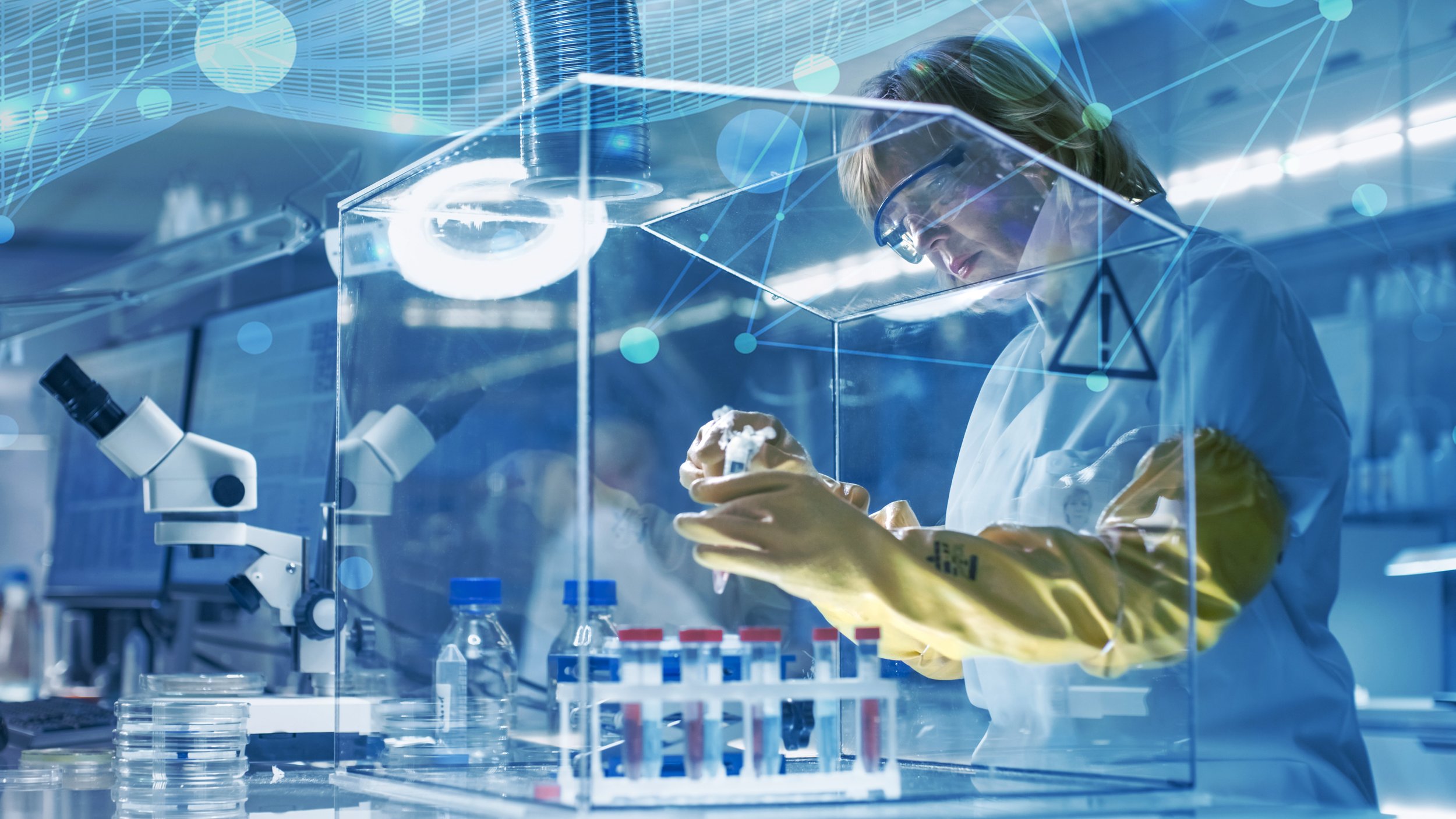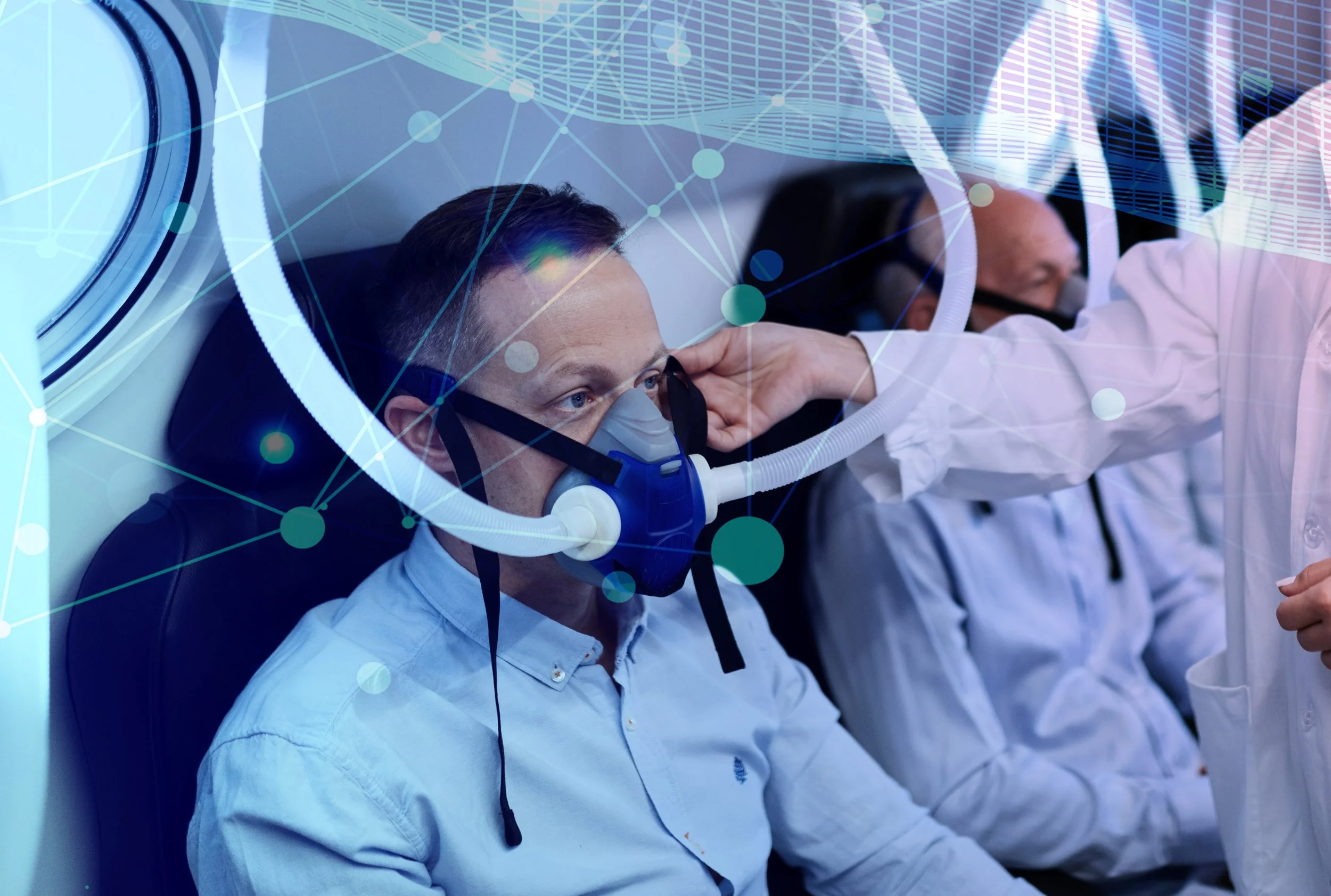The Human Spaceflight Certificate
We offer a comprehensive official human spaceflight certificate, aiming to teach all the necessary knowledge to design and work on human space missions. This standalone certificate will be delivered by a renowned academic partner and constitutes the first phase of our complete astronaut training program, which you may continue on after graduating with the Human Spaceflight certificate and upon successful selection. The courses and modules of the certificate are shown below.
PROGRAM DETAILS
-

General knowledge on space exploration
Embark on a thrilling journey through the cosmos in our space exploration history class. Discover the incredible achievements that shaped the Space Age, and get notions of space ethics, legal and financial aspects, or even sustainability to understand the stakes of these endeavors today and tomorrow.
-

Space environment
Delve into the challenges and solutions of working in space. Learn how to describe this unique environment and how physics applies there. Get knowledge about the various factors that impact spacecraft design, components, the human body, mission designs, and space debris.
-

Astrodynamics and mission analysis
Through detailed mission analysis and fundamentals of space mechanics (Kepler Law, perturbations, maneuvers, interplanetary transfers, 3-Body Problem), understand how advanced space propulsion systems, ascent and re-entry technologies work to ensure the successful pursuit of spaceflight.
-

Space systems design
Explore the intricate architecture of space systems (satellites, space stations, landers, rovers, habitats, spacesuits, surface vehicles) and launch vehicle design, considering the influence of the atmosphere and space environment on their requirements and configurations.
-

Electronics, mechanical and hydraulic systems
Get to know a spacecraft's fundamental systems. These encompass communications, onboard computers, structures, thermal control, propulsion, AOCS, GNC, and more.
-

Space propulsion
Discover the cutting-edge technologies and principles that propel spacecraft through the cosmos: from chemical, electrical (ionic, plasmic), or nuclear propulsion to futuristic concepts.
-

Space medicine
Acquire vital knowledge to ensure your future autonomy in health during and after space missions and to self-diagnose or assist your crew. This course includes the basics of medicine (anatomy, physiology, psychology), notions of adaptation of the human body living in space, risk management, medical selection criteria in astronaut selections and space missions, medical procedures, and first aid training.
-

Life support systems
Master the assorted systems of the ECLSS (Environmental Control and Life Support System) required to survive and thrive during a successful space mission. These include water, air, food, and temperature regulations in a spaceship or space station.
-

Human factors
Unveil dimensions of human performance influenced by modified gravitational conditions and long-duration space missions. These domains encompass neurovestibular, visual, motor control, cognitive reactions (attention/distraction/concentration, memory), and behavioral health. This course also includes ergonomics, and human-system interaction (for space operations, robotics).
-

Robotics controls
Get an introduction to robotics to produce, control, or maneuver computer programmable machines such as robotic arms or rovers. Get acquainted with the terminology necessary to understand the concepts of control systems and teleoperations.
-

Experimental techniques & metrology
Acquire hands-on experience and theoretical insights, mastering the skills essential for accurate data acquisition and analysis in scientific research and technological innovation.
-

Safety
Learn about the four facets of space safety: management, engineering, assessment, and assurance, and train to operate and work in space safely.
-

Survival training
Experience a survival course designed to challenge your limits and build resilience. You'll navigate isolation, team dynamics, and the physical demands of harsh environments, developing critical skills for overcoming adversity in extreme conditions.
-

Maintenance
Apprehend both preventive and corrective maintenance to attain self-sufficiency during a space mission. This might include returning to Earth vehicles, in-orbit stations, telescopes, satellites, or even space suits.
-

Geology
Gain the expertise to elevate your geological research skills, enabling you to play a pivotal role in shaping the future of lunar exploration. Learn to decode foreign terrains, collect useful samples, and communicate vital findings to mission control.
-

Space operations
Dive into the dynamic world of space control as you master the essential skills to manage space warning systems or space missions, control orbital mechanics, operate systems, analyze crucial data, and transmit signals to satellites.
-

Initiation to stress management
Tame your pre-mission anxiety through a large panel of techniques and countermeasures proven to decrease tension, elevate mood, improve sleep, and boost self-esteem. This course includes learning how to implement a strict schedule, exercise, meditate, and practice yoga.
